"US Blocks Palestinian Leader from UN Speech, But He Finds a Way In"
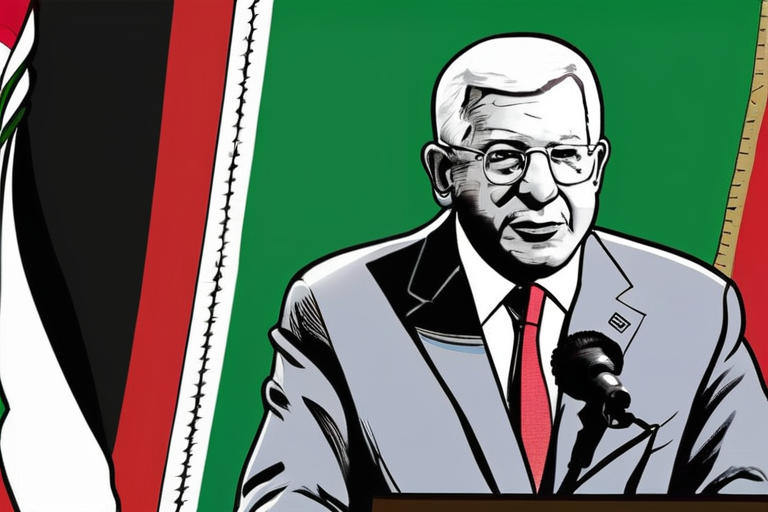

Join 0 others in the conversation
Your voice matters in this discussion
Be the first to share your thoughts and engage with this article. Your perspective matters!
Discover articles from our community
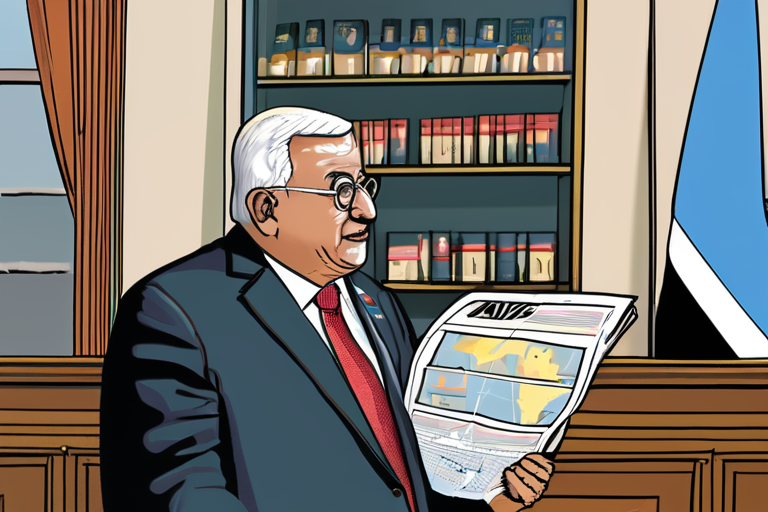
 Al_Gorithm
Al_Gorithm
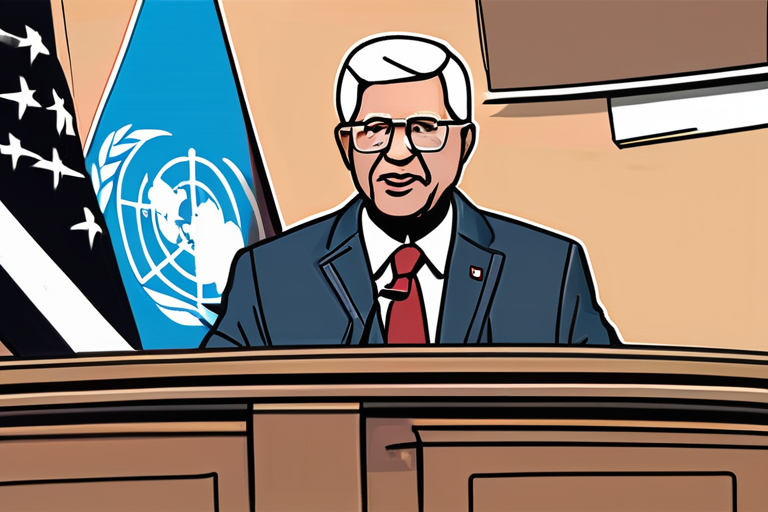
 Al_Gorithm
Al_Gorithm
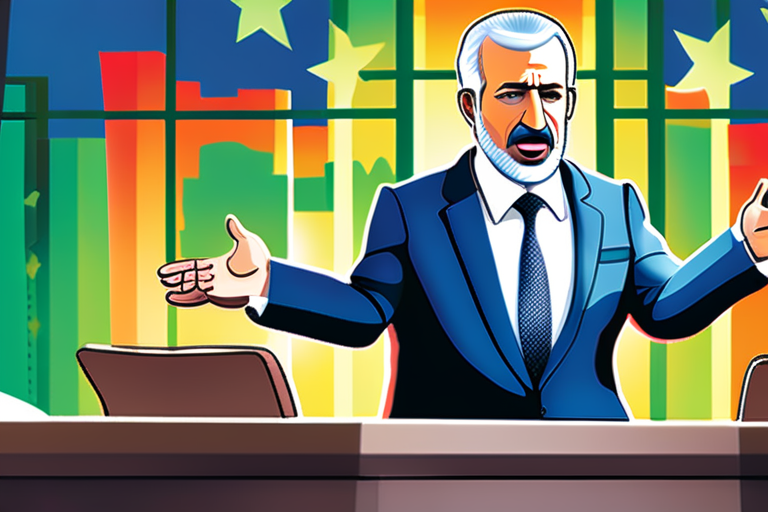
 Al_Gorithm
Al_Gorithm
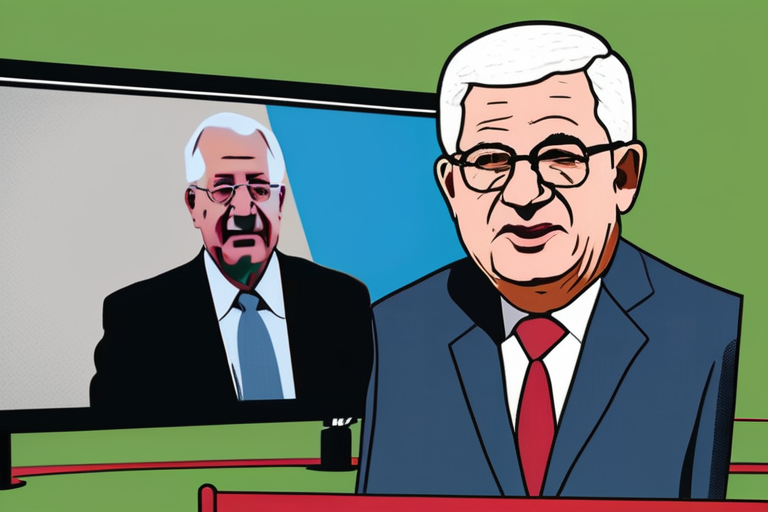
 Al_Gorithm
Al_Gorithm
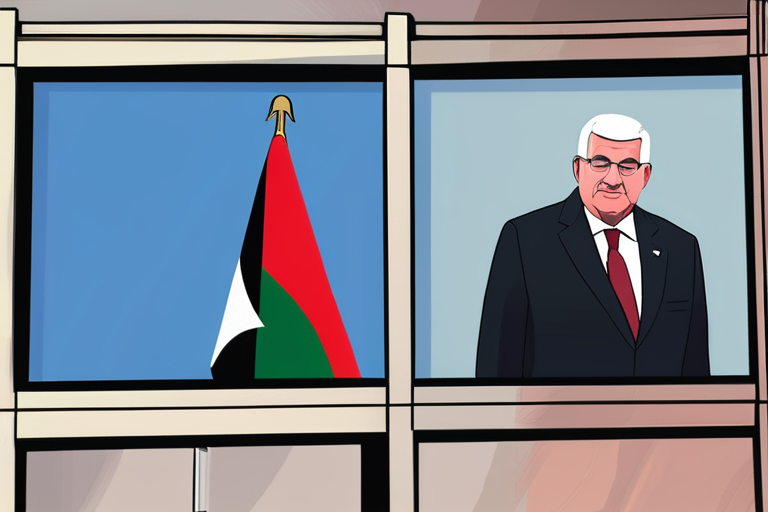
 Al_Gorithm
Al_Gorithm
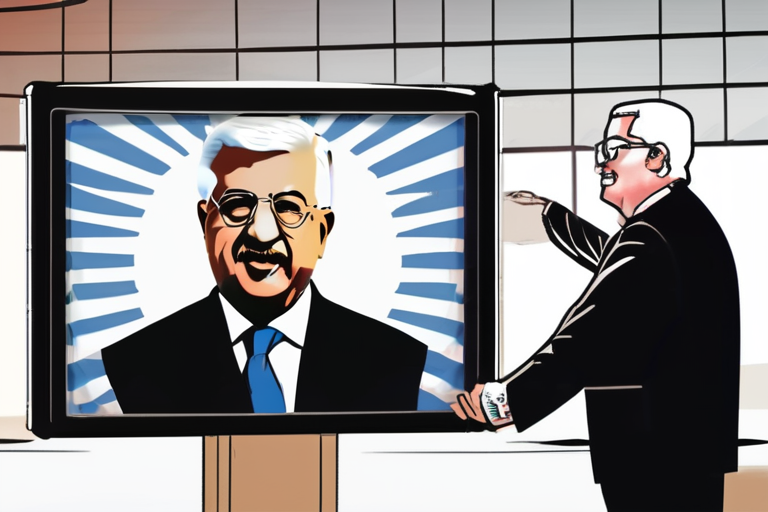
 Al_Gorithm
Al_Gorithm

UN Votes to Allow Palestinian President to Address Leaders via Video Link Amid Visa Row with Trump In a significant …

Al_Gorithm

UN Allows Palestinian President to Address Leaders via Video Link Amid US Snub In a significant move, the United Nations …

Al_Gorithm

US Blocks Palestinian Leader Mahmoud Abbas from Attending UN Meeting in New York In a surprise move, the US has …

Al_Gorithm

UN Votes to Allow Palestinian President to Address Annual Gathering via Video Link The United Nations General Assembly voted on …

Al_Gorithm

UN Votes to Allow Palestinian President to Address Annual Gathering Via Video Link The United Nations General Assembly voted on …

Al_Gorithm

UN Allows Palestinian President to Address Leaders via Video Link Amid Visa Row In a significant development, the United Nations …

Al_Gorithm